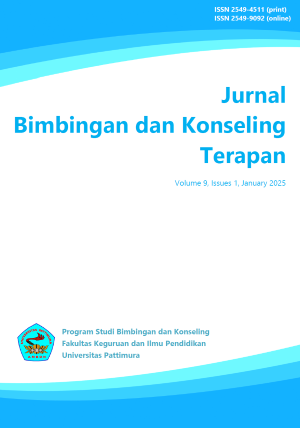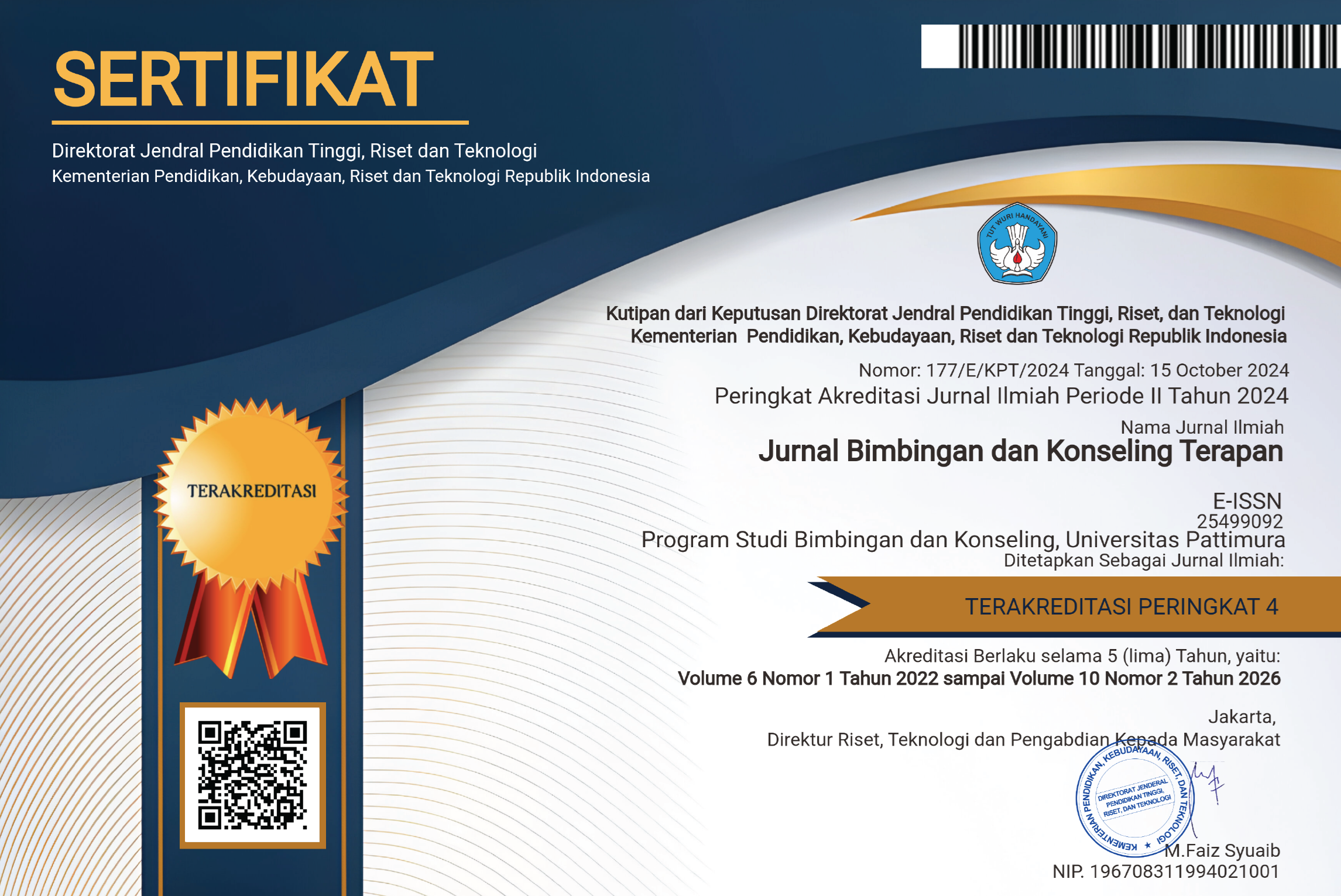Optimism as a Predictor of Resilience in Aging: Counseling Approaches and Interventions
Abstract
This study explores the relationship between optimism and resilience among elderly individuals in Salatiga, aiming to determine whether optimism significantly influences resilience within this population. Utilizing a quantitative correlational design, the study involved 94 elderly participants, including those living independently and in nursing homes. Data were collected using the Life Orientation Test-Revised (LOT-R) and the Connor-Davidson Resilience Scale (CD-RISC) and analyzed using statistical methods to assess the relationship between the two psychological constructs. The findings revealed no significant correlation between optimism and resilience, suggesting that resilience in the elderly is influenced by a broader range of factors beyond just an optimistic outlook. These results emphasize the complexity of resilience in older adults and the necessity for a comprehensive approach in guidance and counseling practices. Effective interventions should encompass not only strategies to enhance optimism but also focus on boosting self-esteem, social support, spirituality, and positive emotions, while also considering cultural and cognitive factors associated with aging. This holistic approach is crucial for supporting the elderly in maintaining their psychological well-being and overall quality of life. The study's implications extend to the design of elderly care environments and community-based interventions, highlighting the need for settings that promote resilience through a multifaceted approach.












